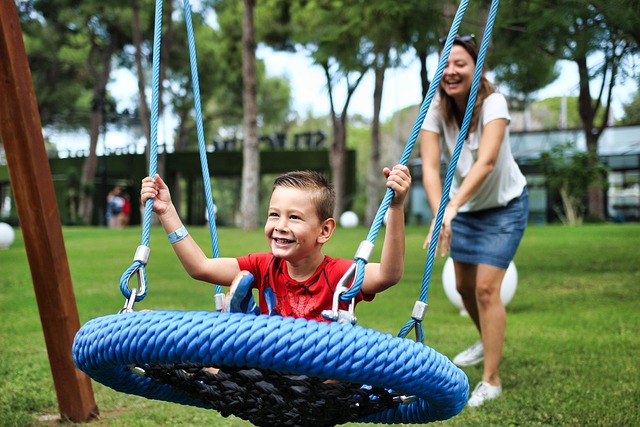Blog
My Son's Teacher Thinks He Needs Speech Therapy, But I Don't...

It's a common scenario: parents and close caregivers seem to effortlessly understand their child's speech, even when others find it challenging. I hear this often, "my son's teacher thinks he needs speech therapy, but I don't. I understand everything he says." Have you ever wondered why this happens? It turns out that our brains possess a remarkable ability to become acclimated to a child's unique speech patterns, making it easier for parents and close caregivers to understand their little one's speech, despite their errors or mispronunciations. Let's dive into why.
Acclimation to Unique Speech Patterns: Parents and close caregivers spend a lot of time interacting with their child, listening to their speech from an early age. As a result, their brains become attuned to their speech patterns, error tendencies, and pronunciation idiosyncrasies. Over time, this enables them to effectively decipher their child's intended messages, even when others may struggle.
Contextual Clues and Familiarity: Parents and close caregivers are familiar with their child's daily routines, activities, and vocabulary. They naturally possess contextual knowledge that helps them understand their child's speech. They can draw upon shared experiences, predict the content of conversations, and fill in any comprehension gaps through context and familiarity. Contextual understanding and continuous exposure help bridge any communication barriers caused by speech errors.
Nonverbal Cues and Body Language: Communication is not solely dependent on spoken words. Parents and close caregivers have an advantage in interpreting their child's speech through nonverbal cues and body language. They are highly attuned to their child's facial expressions, gestures, and intonations, which serve as valuable supplementary information. These nonverbal cues provide additional context that aids in understanding the child's intended message, even when their speech may contain errors.
Emotional Connection and Intuition: The emotional bond between parents or close caregivers and their child fosters a unique intuitive connection. This bond helps parents anticipate and interpret their child's needs, desires, and thoughts, even if their speech may not be perfectly articulated. The emotional connection enables parents to pick up on subtle cues and nuances in their child's speech, further enhancing their understanding and communication.
The unique ability of parents and close caregivers to understand a child's speech, even with errors, stems from a combination of factors. Acclimation to unique speech patterns, contextual clues, nonverbal cues, emotional connection, and continuous exposure all play a vital role. As parents, it's important to recognize and appreciate this, while also seeking professional guidance if speech concerns persist. Through understanding developmental norms (find these under the resources tab) and seeking support as needed, parents can support effective communication across conversational partners and create a strong foundation for their child's speech development.
‹ Back










